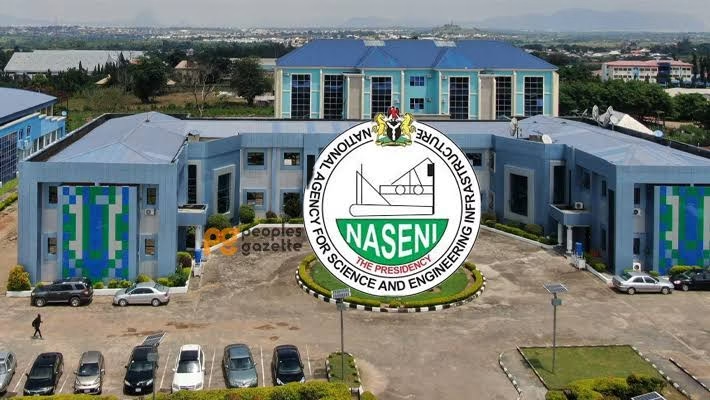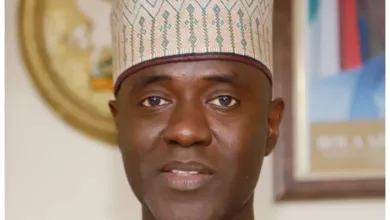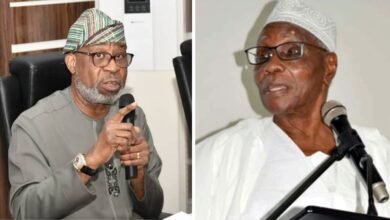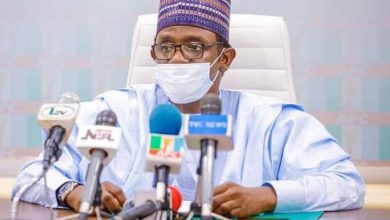PoliticsTechnology
Putting Nigeria First: NASENI Leads the Charge for Made-in-Nigeria Patronage

For decades, Nigeria’s economy has struggled under the weight of its heavy reliance on imported goods. From electronics to machinery, consumer products to industrial tools, the preference for foreign-made items has stifled local industries, drained foreign exchange, and contributed to rising unemployment. Changing this entrenched pattern requires more than policy—it demands leadership, consistency, and cultural reorientation.
That is where the National Agency for Science and Engineering Infrastructure (NASENI) has stepped in with remarkable foresight.
Long before President Bola Ahmed Tinubu unveiled the “Nigeria First” policy—an ambitious directive aimed at prioritizing local content in government procurement—NASENI had already laid the foundation for this shift. Through its Made-in-Nigeria Strategic Focus Group meetings and nationwide awareness campaign, NASENI was one of the first government agencies to boldly take on the challenge of promoting locally manufactured goods.
Under the leadership of Executive Vice Chairman/CEO, Khalil Suleiman Halilu, the agency has galvanized stakeholders—ranging from manufacturers and policymakers to traders, civil society, and academics—around a shared goal: to boost confidence in Nigerian products and shift consumer behavior away from import dependence.
President Tinubu’s directive to the Bureau of Public Procurement (BPP) to revise guidelines in favour of local suppliers gives fresh impetus to this cause. It represents an official acknowledgment of the work NASENI began and now positions the agency as the lead driver of a policy-backed national movement.
The stakes are high. Promoting Made-in-Nigeria goods is not merely a patriotic ideal—it is an economic necessity. When Nigerians buy Nigerian, industries grow, jobs are created, and the economy becomes more resilient. A strong local manufacturing base also reduces vulnerability to global supply shocks and currency fluctuations.
NASENI’s homegrown innovations—including assembled-in-Nigeria vehicles, smart irrigation systems, mobile devices, laptops, and energy solutions—are proof that local capacity exists. But as Halilu rightly notes, quality and standards must not be sacrificed. The challenge now is for local producers to match and surpass the expectations of Nigerian consumers, thereby earning their trust and loyalty.
NASENI’s early and consistent efforts have already begun to spark a conversation around local content and national pride. With the federal government now lending policy weight through the “Nigeria First” initiative, the stage is set for a historic turnaround in Nigeria’s industrial future.
The time to believe in, produce, and buy Nigerian is now. And NASENI is showing the way.
Bature Danlami, a technology enthusiast writes from Kano State.





